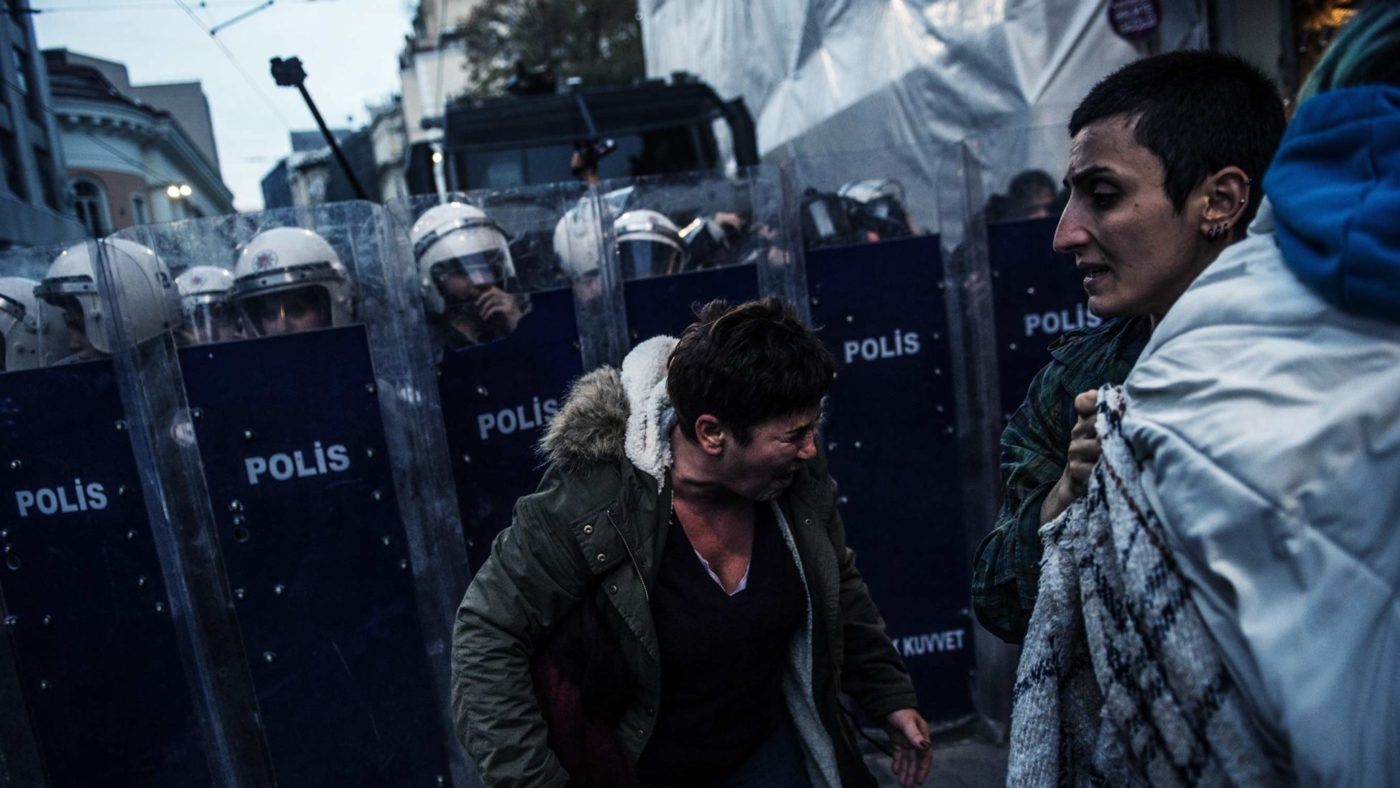Human progress, as I attempted to show in a series of CapX articles over the course of this year, is dramatic and real. The fundamentals of human wellbeing, including life expectancy, income, nutrition, education and personal safety, have improved dramatically – especially over the last two centuries or so.
The arc of those improvements, however, is jagged, not linear. Occasional backsliding, as the findings of the just-released Human Freedom Index 2018 indicate, is unavoidable.
The Index, which is co-published annually by the Cato Institute, the Fraser Institute, and the Liberales Institut at the Friedrich Naumann Foundation for Freedom, presents the state of human freedom in the world based on a broad measure that encompasses personal, civil, and economic freedom. As its authors, Ian Vásquez and Tanja Porcnik, note, “Human freedom is a social concept that recognises the dignity of individuals and is defined here as negative liberty or the absence of coercive constraint.”
The Index started in 2008. This year’s edition contains 2016 data, covering 162 countries. The Index uses 79 distinct indicators of personal, civil and economic freedom in the following areas: rule of law, security and safety, movement, religion, and association, assembly, and civil society; expression and information, identity and relationships, size of government, legal system and property rights, access to sound money, freedom to trade internationally, and regulation of credit, labour, and business.
Indicators of personal and civil freedoms are weighted at 50 percent, and the indicators of economic freedom are also weighted at 50 percent. Individual countries are rated on a scale from 0 to 10, with higher values representing more freedom.
According to the 2018 Index, the average human freedom rating for 162 countries in 2016 was 6.89. That’s 0.01 less than was the case last year. More specifically, 63 countries increased their ratings and 87 decreased their ratings. Since 2008, the level of global freedom has also decreased by 0.06. During the intervening decade, 56 countries improved their scores and 81 countries saw their scores deteriorate.
The top 10 freest jurisdictions included, in descending order, New Zealand, Switzerland, Hong Kong, Australia, Canada, the Netherlands and Denmark (tied in 6th place), Ireland and the United Kingdom (tied in 8th place), and Finland, Norway, and Taiwan (tied in 10th place). The bottom 10 jurisdictions included, in descending order, Iran, Burundi, Algeria, Egypt, Sudan, Libya, Iraq, Yemen, Venezuela and Syria.
The highest levels of freedom were in North America, Western Europe and Oceania. The lowest levels were in the Middle East and North Africa, sub-Saharan Africa and South Asia.
The countries that improved their level of human freedom most from last year were Ukraine (0.44), Iran (0.34), Timor-Leste (0.26), Belize (0.19) and Niger (0.19). The largest deteriorations were in the Seychelles (−0.24), Surinam (−0.23), Turkey (−0.19), Cape Verde (−0.18) and Poland (−0.18).
Since 2008, the countries that have seen the greatest improvement in their human freedom scores include Côte d’Ivoire, Angola, Zimbabwe, Taiwan and Lesotho. The largest deteriorations occurred in Greece, Brazil, Venezuela, Egypt and Syria.
As the authors of the Index note, freedom is good in and of itself. But freedom is also highly correlated with democracy – Hong Kong being the main exception – and with economic wellbeing. In fact, countries in the top quartile (i.e., 25 per cent) of human freedom “enjoy a significantly higher average per capita income ($39,249) than those in other quartiles. The average per capita income in the least-free quartile, for example, is only $12,026.”
The authors of the Index write that “freedom plays an important role in human well-being” and note “the complex ways in which freedom influences, and can be influenced by, political regimes, economic development, and the whole range of indicators of human well-being.” As editor of a website that is devoted to human progress, I can only concur.
The decline in human freedom shows that progress does not take place along all dimensions of human well-being, all of the time. That, as Harvard University psychologist Steven Pinker notes, would not be progress, but a miracle. The findings of the Human Freedom Index 2018 report also remind us that progress is not guaranteed. To live in a better world, all of us have to be on guard and defend the gains that humanity has made.


